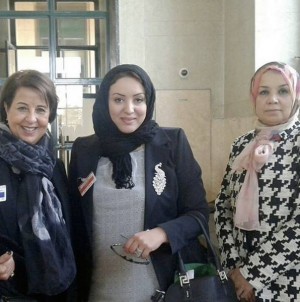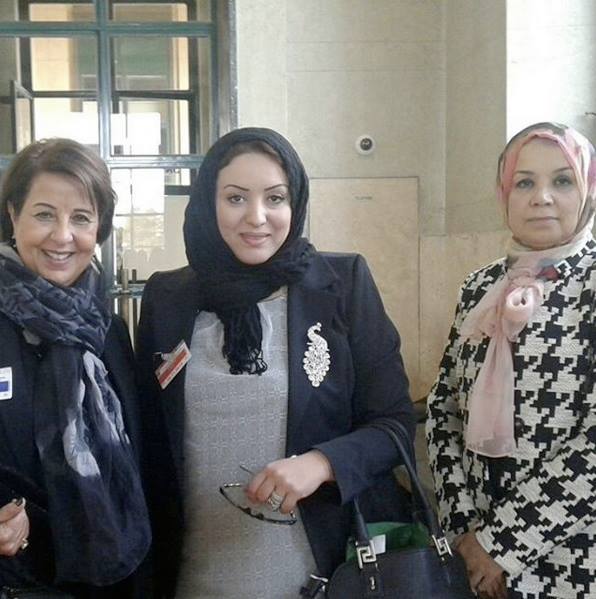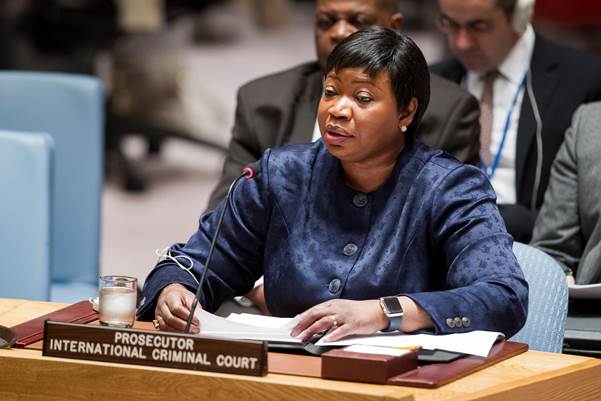By Ajnadin Mustafa.

Tripoli, 26 May 2016:
In an unusual turn of events even by current Libyan practice, one of the two boycotting . . .[restrict]members of the Presidency Council, Ali Gatrani, has issued an order in the name of the Council to a Libyan diplomat removed from her post by the foreign ministry, itself acting under the authority of the Council, to ignore the sacking.
Salwa El-Daghili was dismissed as Libya representative to UN Commission on Human Rights in Geneva by the Government of National Accord’s deputy foreign minister, Almabruk Mohamed Milad.
In a letter to her dated 22 May and endorsed with what purports to be an official Presidency Council stamp, Gatrani told her to continue working as normal.
The letter is all the more unusual in that Daghili, who is from Benghazi, has been a bitter critic of Khalifa Hafter, whom Gatrani strongly supports.
Gatrani himself suspended his membership of the Presidency Council for the third time in February and has since been a dogged opponent of it and the GNA.
In her own response to the sacking, Daghili said yesterday that she did not recognise the decision by the GNA “I’m staying in my position [appointed] by a decision of the elected House of Representatives (HoR), the only legitimate representative of the Libyan people,” she said.
Whether she will be able to do so is questionable.
Governments can propose ambassadors, but it is the UN which recognises or rejects them. In the case of Ibrahim Dabbashi, twice sacked by the Thinni administration as Libya’s UN ambassador, the UN ignored the decision.
In this case, however, the outcome may be different. UN Special Envoy Martin Kobler yesterday said that Libya embassies (meaning all Libyan diplomats as well) must take their orders from the GNA, not from rival bodies which are not recognised by the international community.
His statement followed a comment about Libya students in Spain, which he was visiting, in which he said he had been told that the Libyan embassy in Madrid was forcing them to take three exams, one each in line with the separate demands of the Thinni, Ghwell and Serraj governments.
He said he hoped it was just a joke, although the comment produced an angry rebuke from Libya’s ambassador to Spain.
In any event, now that it has been made clear by Daghili – one of the most active members of the Transitional National Council during the revolution, drumming up support for it at various gatherings abroad – that she does not accept the GNA unless it is approved by the HoR, it is likely that her diplomatic credentials will no longer be recognised by the UN. [/restrict]










